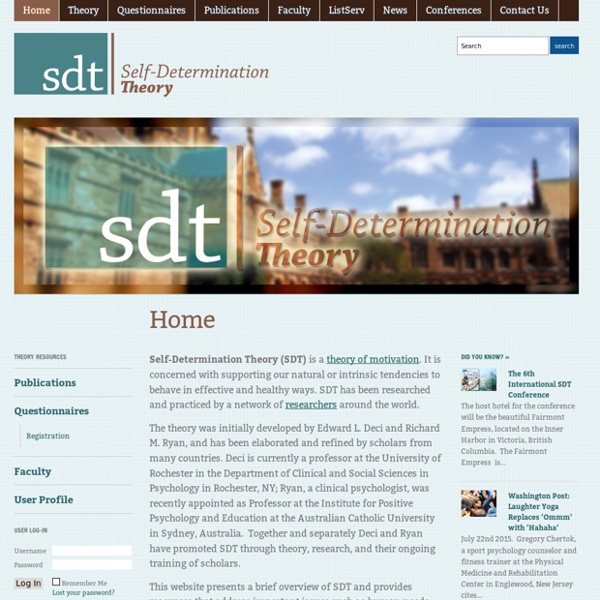



The Magic Potion of Game Dynamics Michael Wu, Ph.D. is Lithium's Principal Scientist of Analytics, digging into the complex dynamics of social interaction and group behavior in online communities and social networks. Michael was voted a 2010 Influential Leader by CRM Magazine for his work on predictive social analytics and its application to Social CRM.He's a regular blogger on the Lithosphere's Building Community blog and previously wrote in the Analytic Science blog. You can follow him on Twitter at mich8elwu. When I kicked off this short-series on gaming last week I explained the various game related terminologies. Hopefully we are all on the same page now with the basics. Now we are ready to talk about the cool and interesting stuff. The Fogg Behavior Model The goal of game dynamics is to drive a user-desired behavior predictably. To understand game dynamics (and gaming mechanics), I will use a simple behavior model by Prof B. MotivationAbilityTrigger Between Motivation and Ability Trigger is ALL about Timing Conclusion
USE FLOURISHING | Real Thriving - By Dr. Lynn Johnson Dr. Ed Diener and Dr. Robert Biswas-Diener offer the mental health community their FLOURISHING scale. It is a simple, eight item likkert-rating scale. There is no reversed-scored item in Ed’s work, and all thanks to him for that. The scale is completely available, thanks to Ed’s and Robert’s generosity. Ed’s site: Robert’s site: Here’s my version of the scale, with proper credit given to Ed and Robert. If you look at the eight items, there are a few points worth making. Now here is a (somewhat long!!!) Take a look at how I turn the scale into a good source for homework. You may think she ranks herself higher than you would rate her. BJ Fogg's Behavior Model International Journal of Evidence Based Coaching and Mentoring The Zappos Experience
The Power of the Prize They gave the world guns and butter -- specifically, the AK-47 and margarine. They sent Charles Lindbergh's The Spirit of St. Louis from New York to Paris and Burt Rutan's SpaceShipOne almost 70 miles above the earth -- twice. They are innovation prizes -- think, X Prize -- and from their origins in the Age of Discovery in the 1500s, they've come roaring back to life in recent years, with foundations, governments, and businesses alike rewarding fantastic achievements. This spring alone, , , and MIT are expected to announce the winners of major business-idea competitions. Some economists -- and some CEOs -- believe that public contests have the ability to usher in a new era of progress by leveraging R&D resources to capture diverse imaginations and tackle everything from Web widgets to massive global challenges. But what's the real return on a prize? A contest broadcast outside a company can stimulate far more value than the cost to stage one. Karim R. Feedback: kamenetz@fastcompany.com
Can’t play, won’t play | Hide&Seek - Inventing new kinds of play I like neologisms. We need new words because we have new ideas, and ideas are the only things that break the law of the conservation of energy. Where once there was nothing there now is something, and the history of the neologism is a history of those moments of pure creation. ‘Gamification’, that said, can go take a long walk off a short pier. ‘Gamification’, the internet will tell you, is the future. That problem being that gamification isn’t gamification at all. Games manage to produce all these drivers by being complex, responsive mechanisms. Games give their players meaningful choices that meaningfully impact on the world of the game. And living or dying is important. It’s crucial that we stop conflating points and games. Firstly, because it devalues points. But secondly, because it misrepresents games. Gamification is the wrong word for the right idea. So, in summary: Or, in other words: Games are good, points are good, but games ≠ points. Picture by R J Malfalfa.
Pawned. - coding conduct Pawned. Pawned. Gamification and Its Discontents. Presentation, Playful 2010, September 24, 2010, London, UK. Foursquare, Gowalla, Bunchball, Badgeville – it seems like the badge measles have taken over the Internet. This talk gives a brief tour through the »gamification« trend, to then insert some caveats, complications, unintended consequences, and hopefully, plain common sense. Short link: Note: This is more or less a companion piece to a previous talk where I point out the potential of games for interaction design: »Just add points? Persuasive Games: Exploitationware In the meantime, there's another lesson to learn from Frank Luntz: don't let the opposition set the terms of the debate. Instead, concoct better concepts with which to oppose them. In addition to his many verbal offensives, Luntz is also the architect of defensive phrases like "death tax," which invokes considerably more dissatisfaction than "estate tax." The latter phrase sounds like it applies to the wealthy (which, as a matter of fact, it does), but Luntz managed to help win much more mainstream support for its possible repeal by removing resentment about its association with wealth and replacing that resentment with disgust at the idea of being taxed just for dying. And more recently, Luntz has advocated that Republicans opposing Obama's health care reform by calling it a "Washington takeover" that will force citizens to "stand in line" for care. In particular, gamification proposes to replace real incentives with fictional ones. When seen in this light, "gamification" is a misnomer.
Gamification in Enterprise Technology